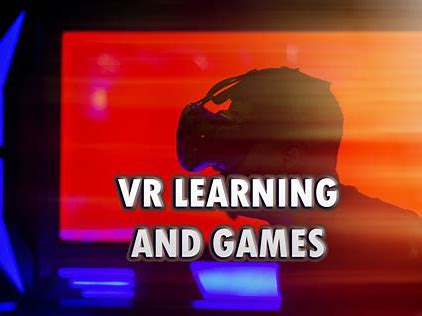Virtual Reality LMS: The Future of Learning
Introduction
The world is rapidly evolving, and technology is playing a significant role in shaping the future. Virtual Reality (VR) is one such technology that is transforming various industries, including education. Virtual Reality Learning Management Systems (VR LMS) are becoming increasingly popular as they offer an immersive and interactive learning experience. In this article, we will explore the benefits of VR LMS, its applications, and how it is shaping the future of learning.
Benefits of VR LMS
1. Immersive Learning Experience
VR LMS provides an immersive learning experience that allows learners to interact with virtual environments, making learning more engaging and memorable. This technology enables learners to explore complex concepts and simulations that would be difficult or impossible to replicate in a traditional classroom setting.
2. Safe Learning Environment
VR LMS provides a safe learning environment for learners to practice skills and procedures without the risk of injury or harm. This technology is particularly useful in industries such as healthcare, where learners can practice medical procedures and surgeries in a virtual environment before performing them on real patients.
3. Cost-Effective
VR LMS is cost-effective as it eliminates the need for expensive equipment, travel, and accommodation costs associated with traditional classroom-based learning. This technology also reduces the need for physical resources, such as textbooks and equipment, as learners can access virtual environments and resources from anywhere with an internet connection.
4. Personalized Learning
VR LMS allows for personalized learning as learners can customize their learning experience based on their individual needs and preferences. This technology enables learners to learn at their own pace, repeat concepts they find challenging, and explore topics they find interesting.
Applications of VR LMS
1. Healthcare
VR LMS is particularly useful in the healthcare industry as it allows learners to practice medical procedures and surgeries in a safe and controlled environment. This technology also enables learners to learn anatomy and physiology in a more interactive and engaging way.
2. Engineering and Construction
VR LMS is useful in the engineering and construction industries as it allows learners to visualize and simulate complex structures and systems. This technology also enables learners to learn safety procedures and hazard identification in a virtual environment.
3. Hospitality and Tourism
VR LMS is useful in the hospitality and tourism industries as it allows learners to learn about different cultures and destinations in a more immersive and interactive way. This technology also enables learners to learn customer service skills and hospitality management in a virtual environment.
4. Education
VR LMS is useful in the education industry as it allows learners to explore complex concepts and simulations in a more engaging and interactive way. This technology also enables learners to learn foreign languages and cultural studies in a more immersive and interactive way.
Future of Learning
VR LMS is shaping the future of learning as it offers an immersive and interactive learning experience that is more engaging and memorable than traditional classroom-based learning. This technology also enables learners to learn at their own pace, repeat concepts they find challenging, and explore topics they find interesting.
VR LMS is also making learning more accessible and affordable as it eliminates the need for expensive equipment, travel, and accommodation costs associated with traditional classroom-based learning. This technology also enables learners to access virtual environments and resources from anywhere with an internet connection.
Conclusion
Virtual Reality Learning Management Systems (VR LMS) are transforming the way we learn by providing an immersive and interactive learning experience. This technology offers numerous benefits, including an immersive learning experience, a safe learning environment, cost-effectiveness, and personalized learning. VR LMS is also shaping the future of learning by making learning more accessible, affordable, and engaging. As technology continues to evolve, it is clear that VR LMS will play a significant role in shaping the future of learning.

